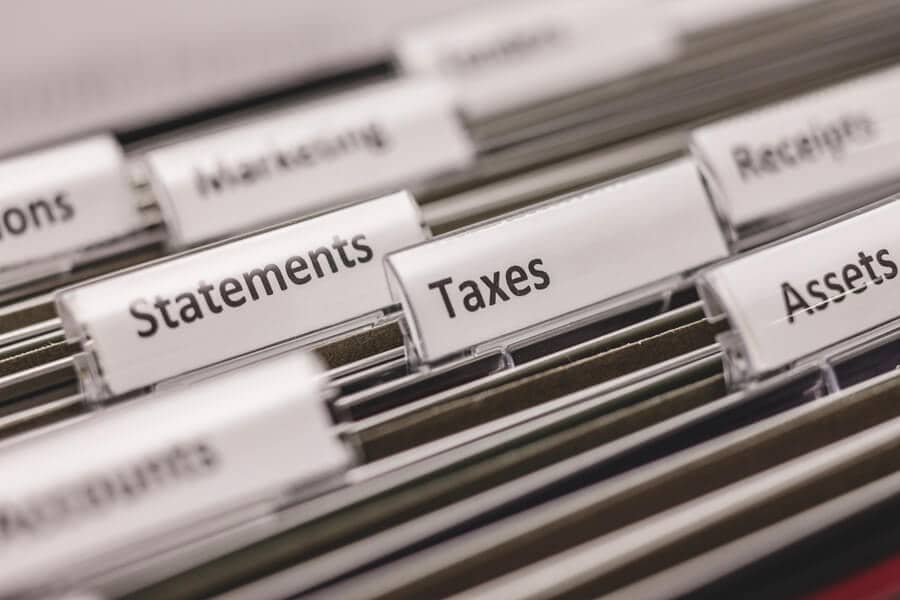The IRS recommends that you keep all tax-related records for 3 years in case of an audit.
However, old tax documents (such as last year’s W-2’s) can come in handy when you are filling out your current year’s tax return.
An example of some of the tax records you should store from previous years (and reference for next year’s income tax return) is listed below.
This is not an exhaustive list, and you may have additional forms or receipts that are not listed below.
TIP: To make your mountain of documents easier to store, try scanning them and keeping them as PDF files.
o W-2 forms
o Pay stubs for the year
o Home mortgage payment stubs and/or home purchase closing statement
o Last year’s tax return (for quick reference and comparison)
o Receipts from anything you might claim as an itemized deduction
o Receipts from any charity (e.g. for clothing donations, church tithes, disaster relief donations, etc.)
o Car mileage log (in case you intend to claim it as a business expense)
o Any receipts for business travel expenses
o Canceled checks (especially for IRA contributions and other deductions)
o Credit card statements and bank statements (these can be used to verify any deductions)
o Medical bills (especially if they exceed 7.5% of your income)
o 1099-G form (for deducting state or local income taxes)
o 1099 forms (from any dividends or other income paid to you)
o Mobile phone bills (especially if you made charitable donations by text message)
You should also keep records if any of the following apply:
- Six years: If you under-reported your income by more than 25%.
- Seven years: If you wrote off the loss from a “worthless security.”
- Indefinitely: If you committed tax fraud or you didn’t file a tax return.

